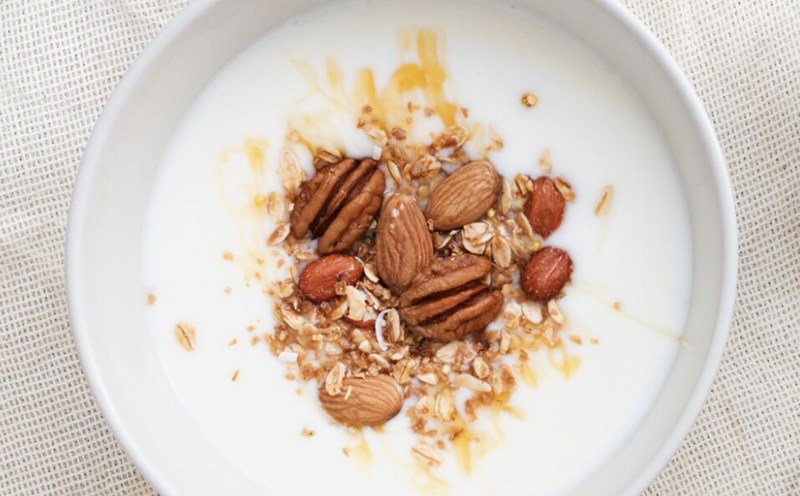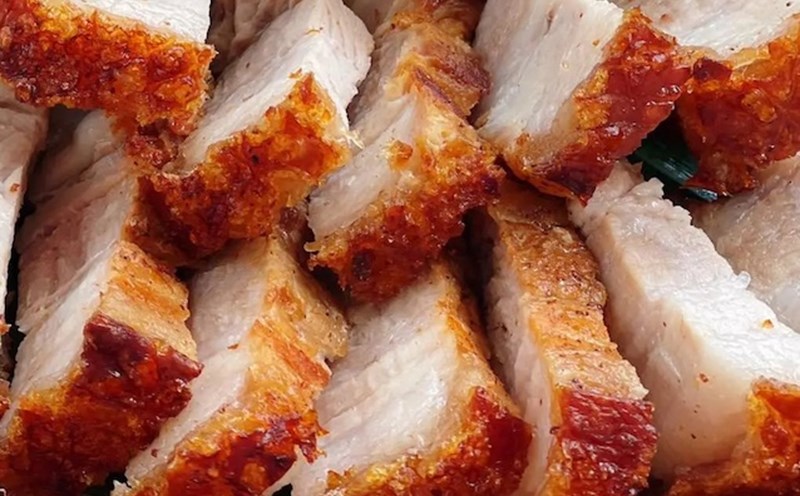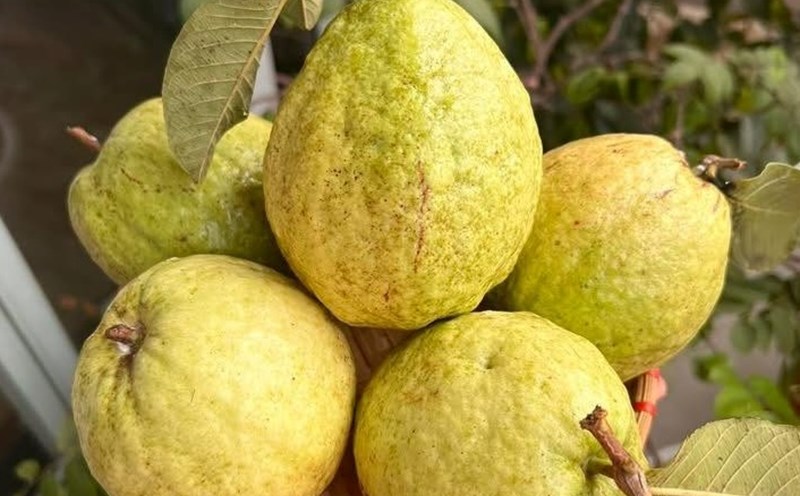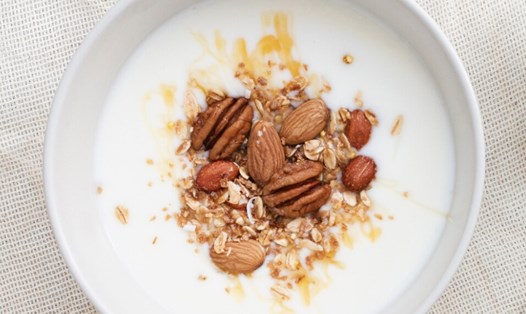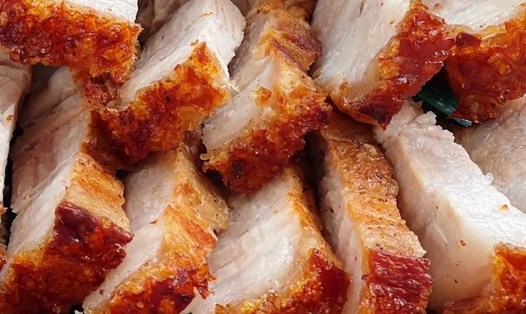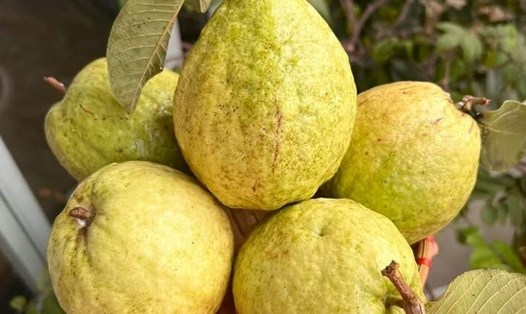Black beans are highly appreciated by nutritionists for their healthy plant protein content, along with many antioxidants and valuable minerals.
First of all, the protein in black beans accounts for about 2025% of the dry bean weight, equivalent to the content in lean meat.
However, the special thing is that the plant protein in black beans is cholesterol-free, has less saturated fat and is easier to digest than animal protein. Thanks to that, black beans become an ideal source of protein for vegetarians, people with dyslipidemia, diabetes or cardiovascular disorders.
When combining black beans with other grains such as brown rice or oats, the body can get enough essential amino acids, helping to build and regenerate cells, maintain muscle and energy.
Black beans contain a lot of soluble fiber, which helps reduce the absorption of bad cholesterol (LDL) and stabilize blood sugar. The abundant amount of antioxidants anthocyanin in the black shell has the effect of protecting cells from damage caused by free radicals, slowing down the aging process and preventing cardiovascular disease and cancer.
Minerals such as iron, magnesium, potassium and zinc in black beans also contribute to maintaining the normal functioning of the nervous system and muscles, while increasing resistance.
According to nutritionists, black beans are a healthy and comprehensive source of protein, both meeting nutritional needs and supporting the prevention of many chronic diseases.
Regularly adding black beans to your diet through cooking, stewing or drinking roasted bean water not only helps the body stay healthy and balanced but also contributes to building a sustainable eating lifestyle.

